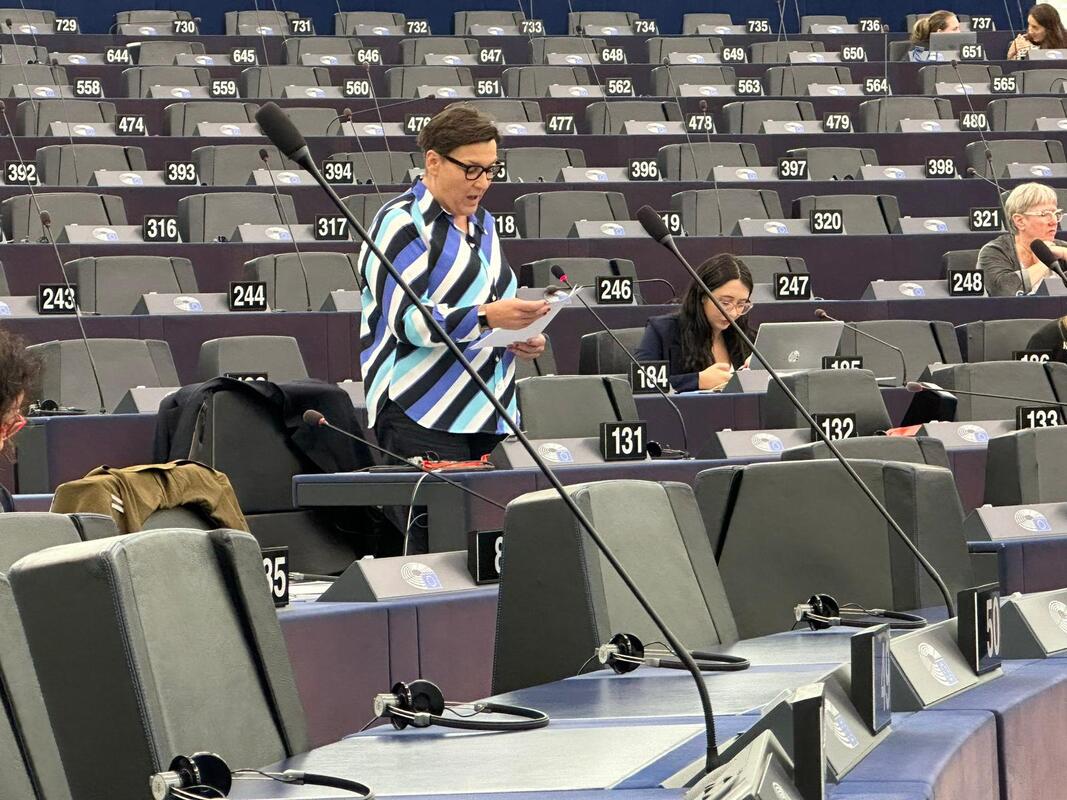|
You can watch my full speech here.
Thank you, Chair. It's excellent that the Assembly has dedicated work to this issue. I welcome the report from the Committee and the rapporteur Ms Béatrice FRESKO-ROLFO. Violence against women and girls is widely rampant globally. One in three women will experience violence in their lifetime. Women with disabilities are particularly vulnerable due to intersecting forms of discrimination and barriers, up to four times more likely than other women to experience violence. Women with disabilities are disproportionately at risk from all forms of abuse. They are also more likely to experience abuse over a longer period of time and to suffer more severe injuries as a result of the violence. Violence against women with disabilities can also take some acutely harmful and distressing forms including forced sterilisations and forced abortions. This is because in too many countries disabled women are not empowered to make choices about their own sexual and reproductive health. It's imperative, imperative that violence against women and girls in all of its insidious forms is tackled everywhere. In order to properly eliminate it, that specific experiences that disabled women, the disproportionate risk to violence demands our full attention and has got to be incorporated into any strategy if it is going to be successful. As this report mentions, there is a lack of data and research into the prevalence of violence against women and girls with disabilities, which is in itself a problem. More data must be collected, especially disaggregated sex data and disability, and is even more important for same-sex intimate care for women. More research must be undertaken in order to properly understand the scale and the nature of the issue and increase the visibility of disabled women and their experiences. It's also imperative the support and protection services be provided for. Women with disabilities are not only at more risk the violence, they're also more severely impacted by low quality services or lack of access to them. Victims of violence have got to be able to access the support and protection that they need. For disabled women, these services have to be specialised because they have specific needs. There's a concerning trend playing out with regards to the decommissioning of specialist services as service providers are generalising to adapt to difficult funding environments, but safe specialist services are vital to tackling violence against women. It's widely acknowledged by expert service providers that women spaces are crucial for the recovery from violence and abuse, just as women-specific services are vital for tackling violence against women. Specialist services for disabled women are essential for aiding their recovery from violence and abuse. I'd like to thank you, Chair.
0 Comments
Leave a Reply. |
AuthorWrite something about yourself. No need to be fancy, just an overview. Archives
May 2024
Categories
All
|

 RSS Feed
RSS Feed